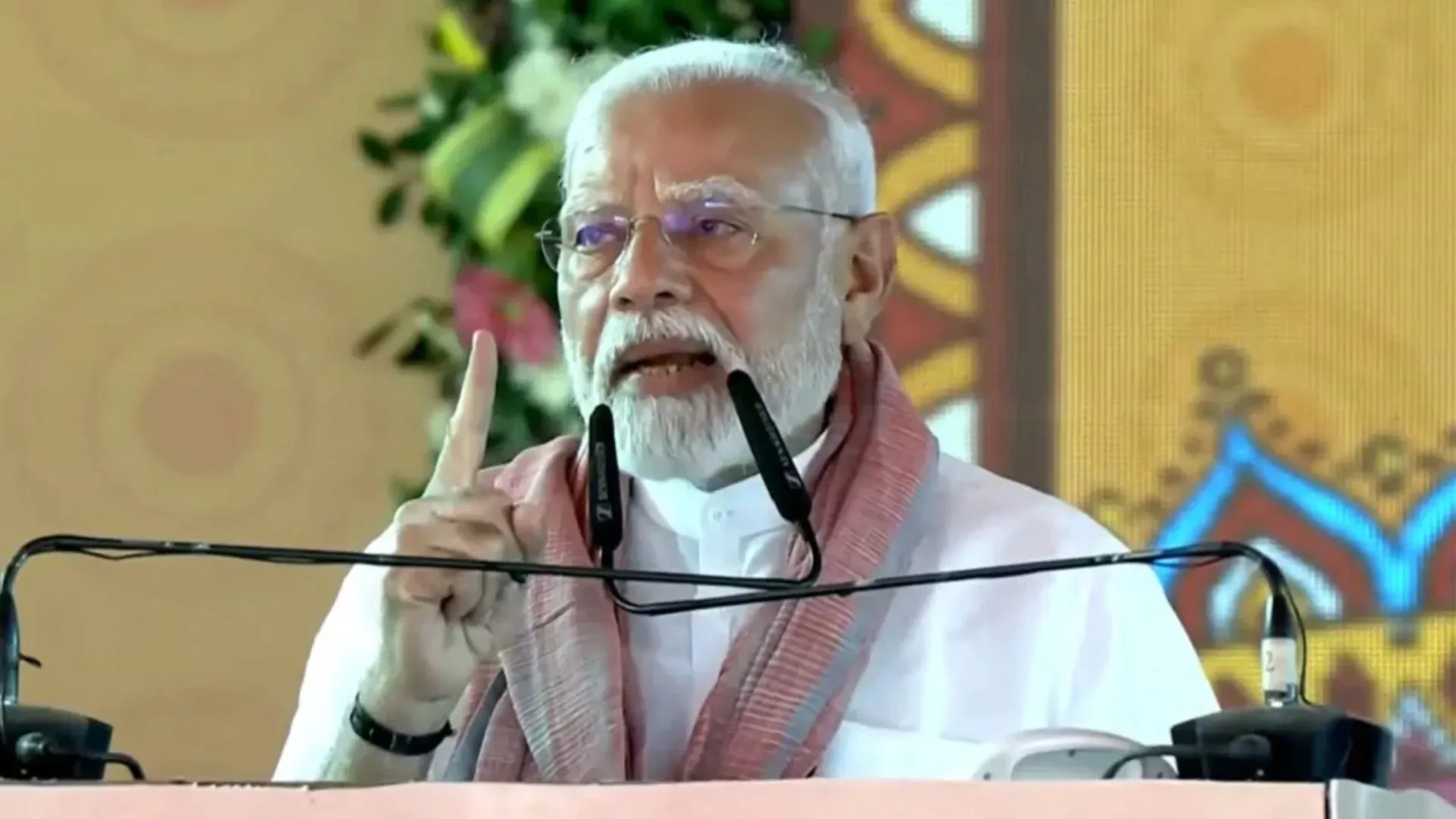The Supreme Court of India has put the review petitions on hold in the same-sex marriage case of high profile after one of the judges, Sanjiv Khanna recued himself due to personal reasons. The court was preparing for several petitions against its October 17, 2023 verdict that refused the recognition of same sex marriage and said only Parliament and state legislatures can sanction such unions.
A bench headed by Chief Justice of India (CJI) Dhananjaya Y Chandrachud, and including Justices Sanjiv Khanna, Hima Kohli, BV Nagarathna, and PS Narasimha, was scheduled to hear the review petitions. Justices Khanna and Nagarathna had replaced retired Justices Sanjay Kishan Kaul and Ravindra Bhat, who were part of the original bench.
Justice Khanna’s recusal left the bench short of the required number of judges, causing a temporary halt to the review process. CJI Chandrachud will now need to reconstitute the bench to proceed with the case.
Senior advocates Neeraj Kishan Kaul and Abhishek Manu Singhvi urged the court and the CJI to consider hearing the review petitions in open court, citing the significance of the matter for the nation and society. As for the latter, they pointed out that the typical procedure implying the consideration of the review petitions in chambers should not be followed in the given case. The CJI accepted the request stating that he would take it into consideration and at the same time, he pointed out that this is a review petition before the Constitution bench and the latter cannot single- handedly decide to list the matter before an open court.
Usually, review petitions are, independent, of the judges’ chamber, and are disposed of without an open hearing. Nevertheless, if the judges regard the review plea to have merit, they can permit physical and oral proceedings. In this case, the petitioners have demanded for an open court hearing.
ALSO READ: Delhi Police Arrests Man for Allegedly Killing and Burying Newborn Twins
The 2023 Judgment
The October 17, 2023, judgment, delivered by a 3-2 majority, refused to grant legal recognition to same-sex marriages and denied constitutional protection to civil unions and adoption rights for queer couples. The judgment stated that mandating the State to grant recognition or legal status to some unions would violate the doctrine of separation of powers and could lead to unforeseeable consequences. While CJI Chandrachud and Justice Kaul supported recognizing civil unions and adoption rights, Justices Bhat, Kohli, and Narasimha held that the right to a civil union could not be assigned constitutional protection when the right to marry had not been given the same status.
Udit Sood, a US-based lawyer among the 52 petitioners seeking marriage equality in India, filed the first review petition on November 1, 2023. He argued that the majority judgment was “manifestly unjust” and “self-contradictory” in failing to protect the rights of the LGBTQIA+ community despite acknowledging their struggles. Sood contended that the majority ruling recognized the severe discrimination faced by queer Indians but did not take the logical step of prohibiting such discrimination, calling this an error apparent on the face of the record.
Supriya Chakravarty and Abhay Dang also filed review petitions, arguing that constitutional courts are empowered to review statutory law to ensure its conformity with constitutional values and do not need to wait for the legislature to recognize same-sex marriage. They highlighted that the bench unanimously found the exclusion of queer couples from the existing statutory regime discriminatory, yet the majority decision offered no relief.
The October 17 ruling unanimously held that the right to marry is not a fundamental right and that courts cannot direct the legislature to recognize same-sex marriages and queer relationships through new legislation. The judgments, authored separately by the CJI and Justices Kaul, Bhat, and Narasimha, also refused to amend the provisions of the Special Marriage Act (SMA) to include non-heterosexual couples. However, the judges were divided on the extent of the court’s role, despite agreeing that queerness is not an “urban, elitist concept” and requires State protection.
While CJI Chandrachud and Justice Kaul maintained that queer couples have a constitutionally protected right to enter into unions and that the State has an obligation to recognize such civil unions and grant them benefits, including adoption rights, the other three judges overruled this view.























